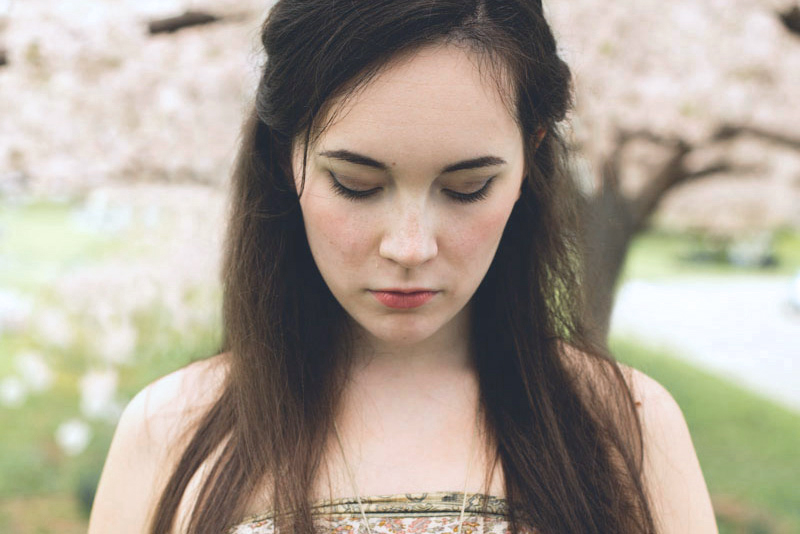
Mothers. They raise us, challenge us, comfort us. Their influence on the future of the world is paramount. How they manage to do it all amidst the changing times is nothing short of a miracle. Here we have Anna Laero, creative director for Gather the Village Magazine (@gatherthevillage), writer, and mother of two. She runs her own photography business (@annalaerophoto) based in Pittsburgh, Pennsylvania, with a passion for capturing the intimate moments in life. She speaks about balancing all the different facets of herself, navigating the societal pressures with raising young boys, and upholding family traditions while slowing down in a world of instant-access media.
These images were taken before the birth of her second son, almost four years ago, the last time I professionally photographed her. Though I wasn’t able to meet up in time for this post, I feel that these showcase her radiant spirit well. A glorious representation of motherhood, her strength and beauty glows from within, surrounded by the cherry blossoms of Spring. She documents the life of her family in such a beautiful and raw way (@aninalaura) so please check out their latest adventures!
In Conversation with Anna Laero
Laura Wheatley: I’d love to say that I find your creative process as an artist inspiring. What does an everyday creative morning look like for you?
Anna Laero: Right now, creative mornings are few and far between. With a five and three year old my mornings are more chaos than anything. The most I am able to manage is pressing play on the record player that semi-permanently holds my Chopin record, then savoring the minutes that it takes for me to grind my coffee and slowly pour the water over the grounds I’ve put in the pour over. It becomes meditative. Soothing.
On a day where I somehow manage to steal away the mornings for myself I’ll make my coffee and sit on our porch. Or, if the earth isn’t bitingly cold I’ll slip out into the light and stand barefoot in the grass, grounding myself.
LW: How lovely. I’ve noticed that there exists a certain sentiment of upholding family traditions in your life. Are there any in particular that you hope to pass on through the generations to your boys?
AL: It’s difficult now to uphold the bigger traditions in our family since so many have left or passed on. There are skill sets though that every grandchild was certain to be taught. We all know how to play the harmonica. We were all taught how to carve small animals, spoons, and other trinkets out of wood at very young ages with a pocket knife and whittling tools.
The boys both have their own harmonicas now — something I
cried over when they each received theirs. It holds so much meaning for
me. Really, it’s more so passing on the skill sets and
understanding the value of working with your hands. I suppose is the
truest and most valuable tradition.
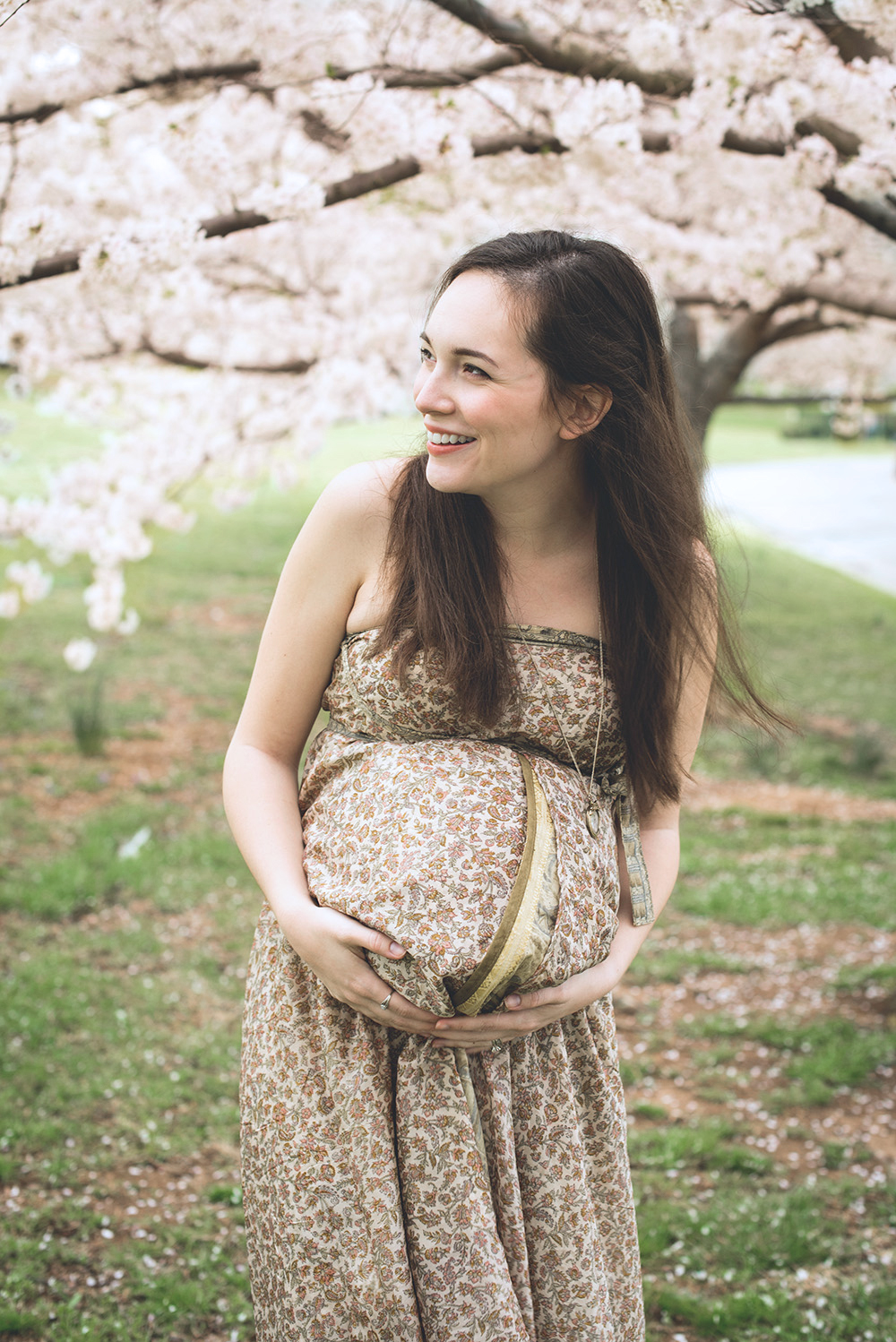
LW: I absolutely love that, and heartily agree. Speaking of “working with your hands,” you are a brilliant writer and your words are like poetry, often revealing an intimate portrait of your life. They passionately portray the realities of parenthood, the sweetness of youth, and the fleeting nature of moments. Do you have a source of inspiration such as books from your childhood, or certain experiences that you hold dear?
AL: You’re too kind. I actually find more of my inspiration in the rhythm of a tangible moment. Everything has a pace — some more than others. This falls into the fact that I love feeling the pace of books. From the time I was eight into adulthood I would read the entire Chronicles of Narnia series every year — twice. Those books are easy reads but hold an almost intangible depth in their greater meaning.
I took a masters class specifically on C.S. Lewis and his writings shortly before I had my oldest son. That set the pace for me I think. It put the words I knew by heart into a new light. I want my writing to feel like that. You can read it over and over and still find comfort and a new light each time.
LW: Beautiful. So, you started your photography business over ten years ago, primarily focusing on weddings. Since then, you’ve expanded to encompass a variety of portraits, including families. The emotion that you evoke in your photographs is stunning, and one can’t help but be drawn to the light and love within them. What is important to you when trying to capture a feeling with your creative eye?
AL: I told a client once that I treat my work like a dance. Every client and job is a different song and you have to fall into it. Some take a little more work than others and that’s okay. What’s funny is I constantly hear music in my head. Always. Does that make me sound crazy? Maybe. I’m okay with that. I am — almost to a fault — hyper-aware of space and time in a moment.
I hone
in by nature on the obscure and unnoticed. An odd talent that I know I
inherited for certain. Maybe it’s the dust in the light that swirled
away from her lips when she smiled. Maybe it’s the shadow of the little
hand that pressed against the glass as I walked out the door. There is
music and poetry and again, rhythm in all of those things.
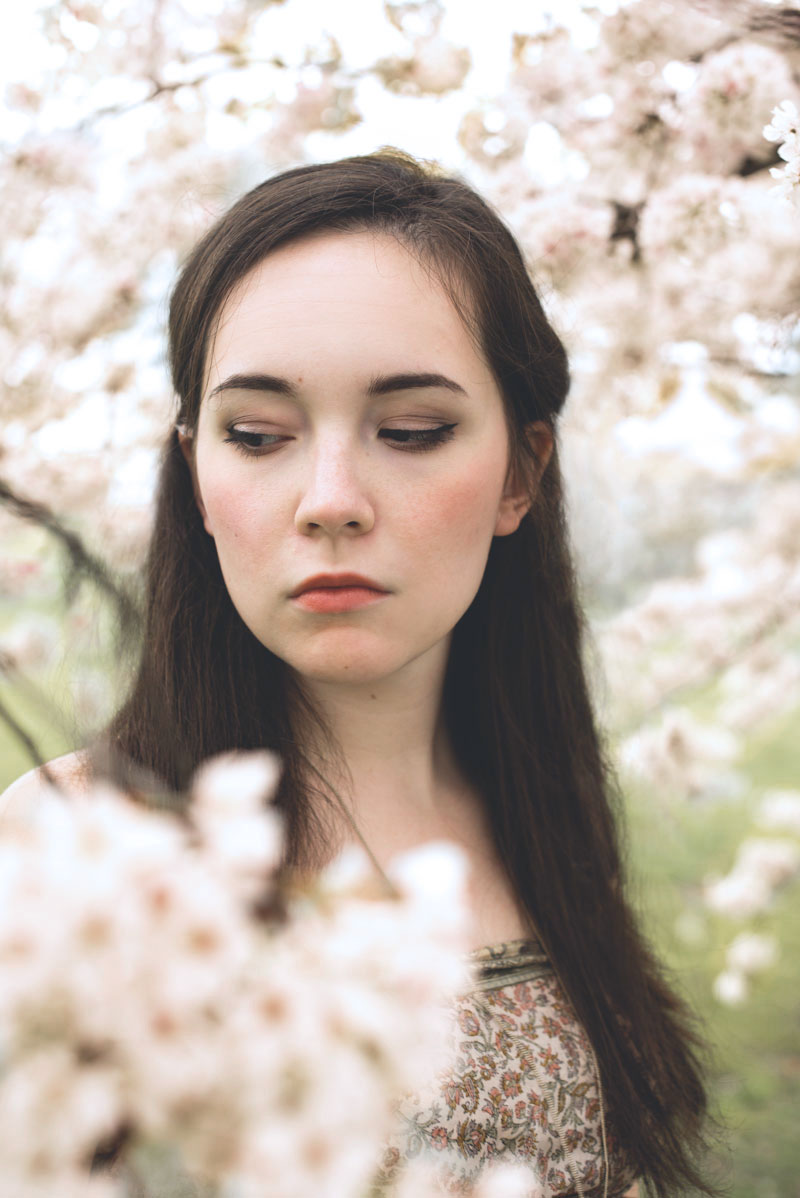
LW: All those little details — that’s what I mean, right there. You have a true gift — one that extends to your work with Gather the Village, the magazine for which you are a writer and the Creative Director of. The phrase, “It takes a village,” when referring to motherhood is so beautifully embodied there. Will you tell me a little about the vision behind it, as well as the personal significance to you in your journey of motherhood?
AL: The original mission behind Krystal’s vision for the company was just that simple. It DOES take a village to raise a family. Modern mothers — we don’t have that. It’s expanded into so much more than just motherhood. Time goes on and those babies grow — and so do you — and you still need that support of the voices who have done this before.
When I had my boys we moved out of state and I had no one. I was a very young mother with a five month old, recovering from a birth that left me with PTSD and I was scared. I had nothing. No help. No knowledge. No one to ask anything about anything. I didn’t even know what postpartum depression was or that I had it. When I found the Village Instagram community in its early days, it saved my life. Literally. There were suddenly hundreds of voices from new and seasoned mamas saying “You are heard. You are valued. We are here too. We can get through this.”
The incredible thing is that some of the women I’ve met through that online space have become beloved long distance friends who have cheered me on and supported me in so many ways. Isn’t that the whole point? You have to find that village to help guide you through the worst and best days of your life.
LW: Wow. So powerful. Can you tell me a few of your thoughts on “modern motherhood,” and the
complexities of how it has changed so drastically since the generations
of mothers before you?
AL: When my mom had me, she was in a similar situation. She moved almost
across the country and then had a family with no help from family or
friends. She did this without any instant resources — mainly, of course,
the internet. Even making a long distance phone call to family
wasn’t an option at times, as she often couldn’t pay the phone bill.
She has often pointed out how
incredible it was that I had an unseen but quite vocal support system
through this group of mothers via social media. How different things
would have been if she had had that.
After the birth of Bear — our youngest — I knew by then what severe postpartum depression was and that I had it. A group of women
that I knew only through an online community had been texting,
communicating through a group chat, and checking in on my husband
through some crazy internet phone tree that I was unaware of. They were asking if
they could order us a meal from five states away, praying for me during the
47 hours of active labor, and eventually banded together to pay for
—
to my absolute shock and MANY many tears of gratitude
—
a postpartum
doula to walk me through the first month or so of solo parenting two
babies under two so I wouldn’t succumb to what I knew the PPD would and could
do to me.
My mother never even had access to family, let alone a digital
community. I don’t know what I would have done through my labor without
those women checking on me and sending me their love non-stop when I was
terrified and felt incredibly alone.
Modern motherhood has its challenges for certain, but I’ve always looked at it like this: Those ten thousand plus followers that read about you — they don’t even know your middle name. They don’t know you, really. So why should they care if you’re giving your kid McDonald’s on the ride home from your evening class? When they offer to pay for that organic hot dog and pick it up from a store that is an hour away from where you are and drive ninety miles an hour to get it to my screaming child because they’re hungry and they’re three? Hey, they’re more than welcome to choose what they’re eating at that point.
It’s easy to fall into that trap of comparing yourself as a mother. The reality is you are you, and YOU decide who you want to be as a parent and as a person — not what several thousand strangers think you should be, according to their standards. It’s the ones who lift you up regardless of who you are and what you wear or feed that baby. The ones who you connect with on another level, who become your online or real life soul sisters. Those are the ones that matter.
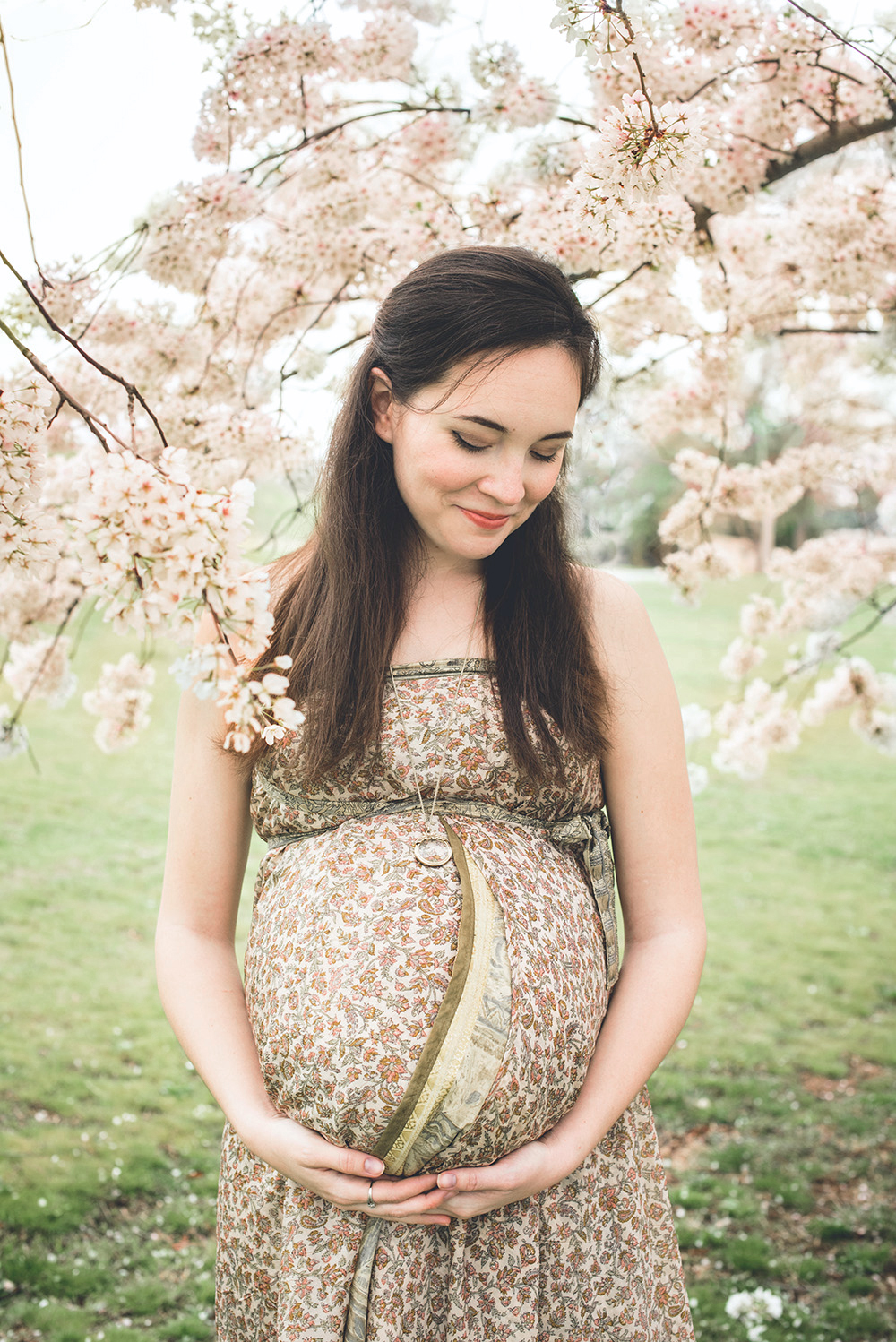
LW: Just, wow. Your journey has been incredible. Being a mother of two young boys, a wife, running your photography business, and working as Creative Director for Gather the Village Magazine — all while handling everything else life throws at you — is obviously no easy feat. What do you find re-centers you? How do you balance all those facets of yourself and make time for Anna, the woman?
AL: [Laughs] Truly, right now I’ve yet to find that balance. Maybe I never will. I’ve thrown myself into rebuilding my own body of work as well as doing as much as possible for the company now that the boys are a bit older. They are still truly babies though. I don’t want to face the idea that inevitably in too short a time their little arms won’t immediately wrap around my neck in search of a safe place. So, I embrace the chaos and lack of balance. It’s funny though, because I almost thrive in it.
All I need is my morning coffee and a chance to tend to my garden in the warm months and during the colder months, I paint. Even just for 15 minutes at three in the morning — inhale. Close my eyes. Dive right back into mothering and work head first.
LW: Just as we faced negative societal pressures growing up as young girls, boys battle their own set of demons. There is no doubt that you and your husband have the greatest influence in your little ones’ lives; however, are there other role model forms that you seek out for your boys?
AL:
We
make a huge point of being vocal about our understanding that it’s okay
and encourage them to show their emotions in every form. Growing up in a
home where though it was a household of almost entirely women, toxic
masculinity was prevalent and a driving force behind a lot of toxic
behavior in our home. It is pertinent that in our home we stress that
kindness, gentleness, and education are not faults in their being but
great and beautiful sources of strength which support and make the
“traditional”
masculine strengths more complete.
We also support and reinforce their love of the arts
—
something that was greatly frowned upon for the men in my family.
I’ve seen how knocking down — both verbally and mentally — and tearing apart boys and men for showing their love of beauty, gentleness, and greater knowledge can affect every facet of a family. I want to foster the opposite of that.
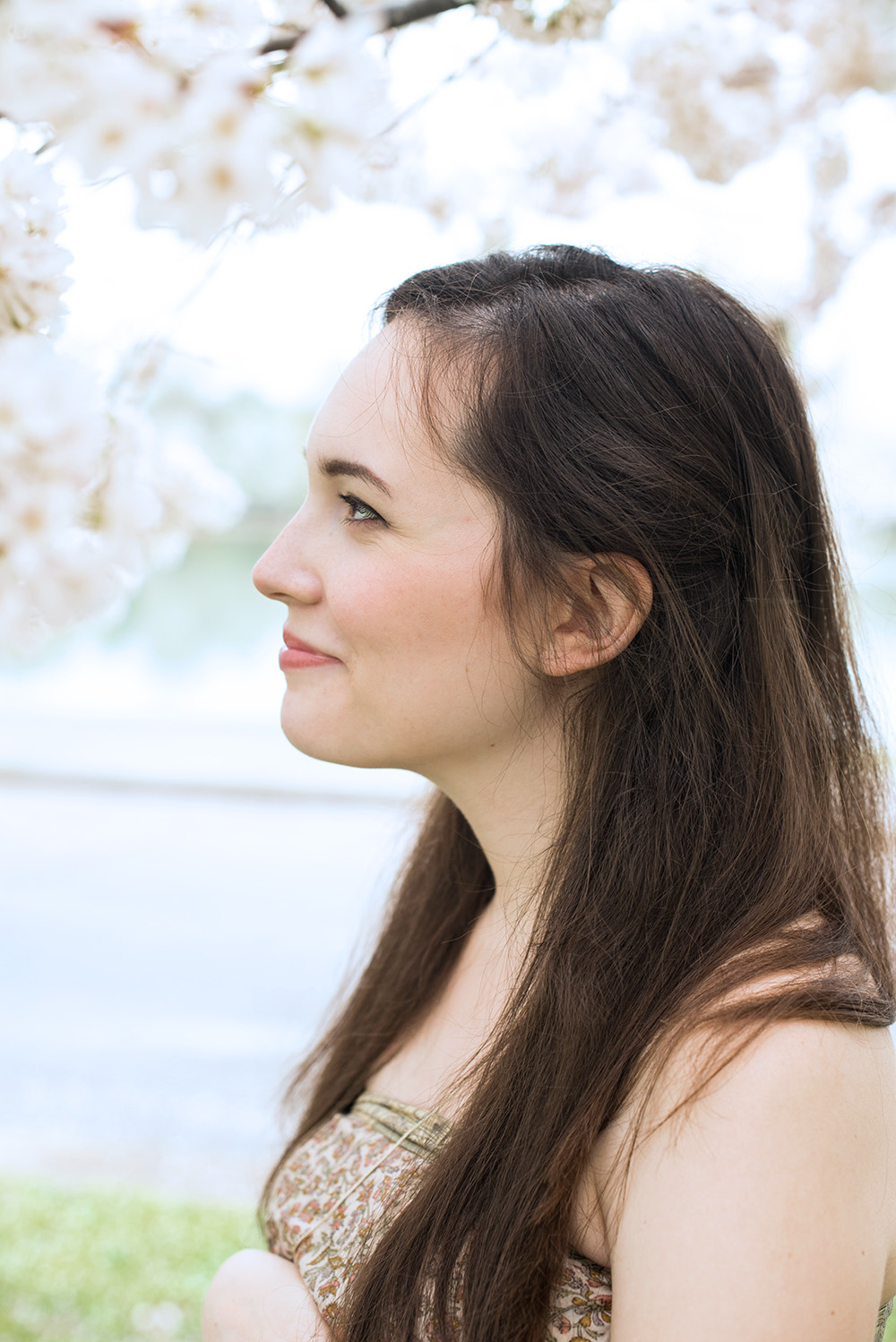
LW: Are there any topics you wish were being discussed more when it comes to raising children?
AL: Everything. From birth and recovery to understanding how to survive the older years. I think these things should be discussed more with both men and women from a young age even if they don’t want children — that’s okay! but the biggest gift you can give any parent is grace. A lot of grace and love. This is hard to do if you have little or no understanding of what goes into it.
LW: Truly. Unfortunately, many of us — myself included — have been guilty of falling short in that aspect, and I agree that having those conversations are paramount. With the dominance of instant-access media in our everyday lives, what do you do to slow things down in your household?
AL: With two boys nothing ever slows down. Ever. “Slow” tasks eventually will turn into sword fights and dragons and then a yelp and screech of “Mama, bear tried to bite me! HELP!” so “slowing down” simply means we allow them to be bored and create their own games. We do severely limited screen time if any at all most weeks. This has actually resulted in them spending sometimes over an hour just looking through books.
Books and painting are the only thing that causes them to stop what they’re doing and focus on something for long periods of time. Everything else is somehow turned into a light saber fire lava ninja battle and then mama needs a time out probably hiding in the bathtub with some tea [laughs].
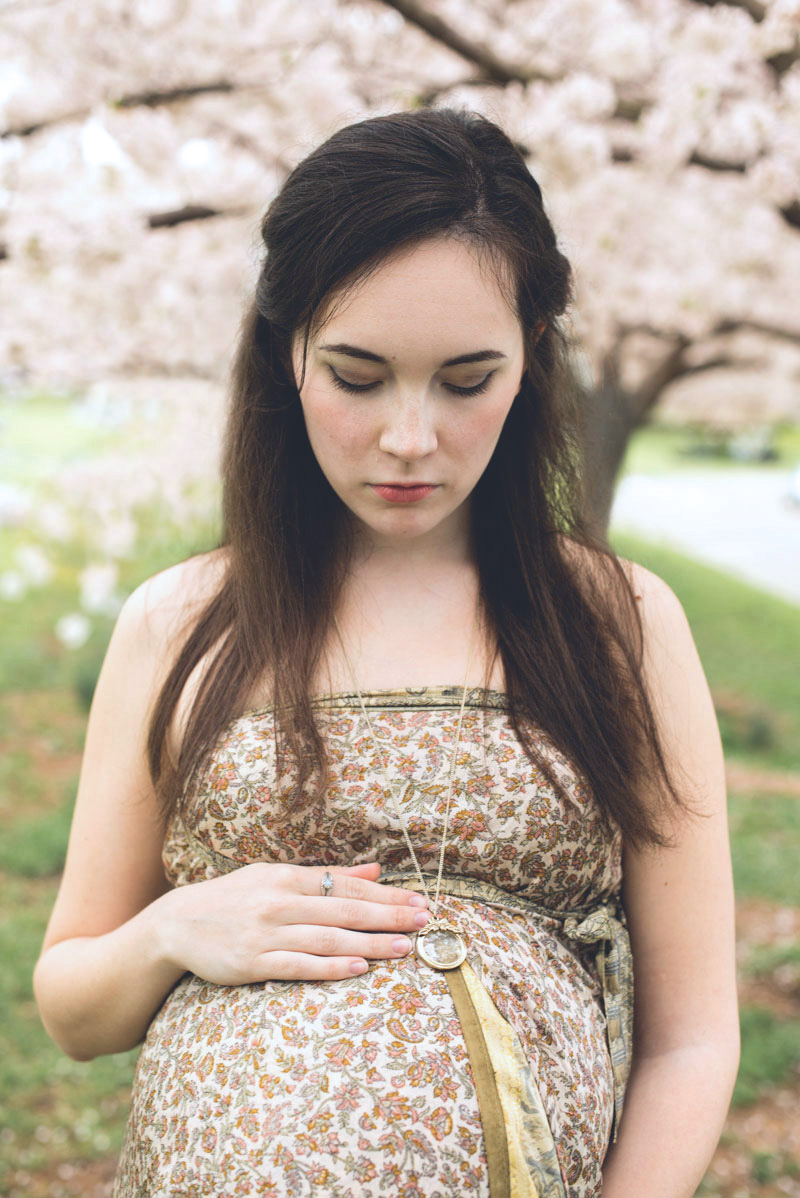
LW: [Laughs] Well, then! Lastly, what have been some of the harder truths and biggest blessings in your journey of motherhood so far? Do you have any hard-won advice you’d like to pass on to future mothers out there?
AL: I knew it would be hard on a technical level a lot of the time — I was the oldest of four girls with my youngest sister ten years younger than me — but I was truly unprepared by how hard it is mentally and emotionally. It gets ugly. You WILL cry a lot. Sometimes because it’s just hard. Sometimes because you’re exhausted and don’t know how you can go on. Sometimes you just want that damn cup of now cold coffee and a moment to rest mind. Most often though, because you slowly begin to realize how fleeting these baby years truly are. That, friend, is the biggest truth of all.
I beg every mama to understand that it’s okay to ask for help.
It’s okay to get upset and scream and cry because your newborn expelled
probably three different bodily fluids on you in a one hour period and you
haven’t eaten yet or showered in days. It’s okay to genuinely hate certain
age stages. Then, each day you lift them into your arms and they’re a
little heavier
—
and you’re a bit stronger
—
and just when you think
you’ve gotten strong enough to hold them for forever? They wiggle free
from that embrace, and the weight of nothing against your breast will
make your arms ache more so than all the days you carried them combined.
If you have a moment to hold them, take it. Imprint it on your heart, and just breathe. Whether you desperately want it to or not, these days will pass.
